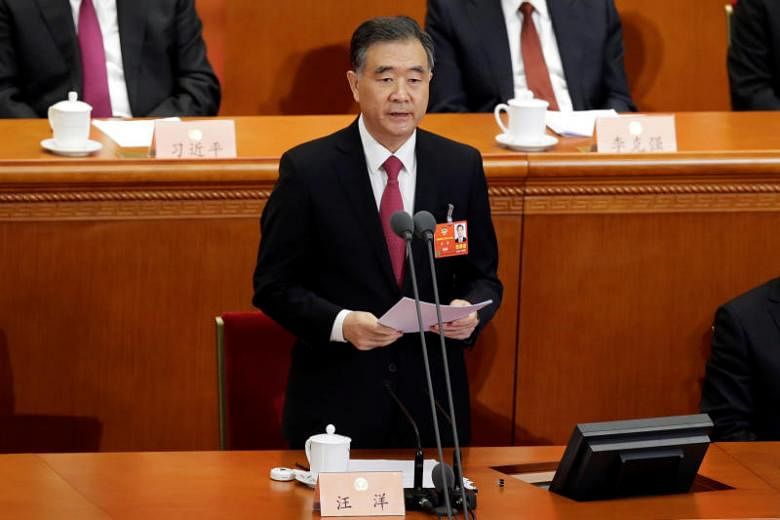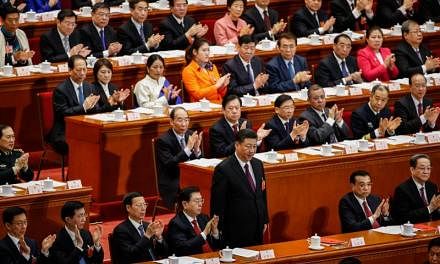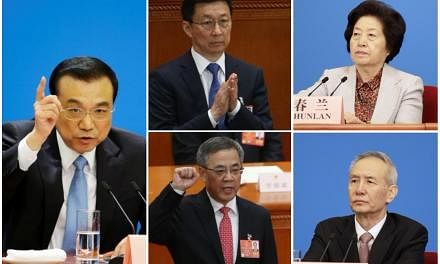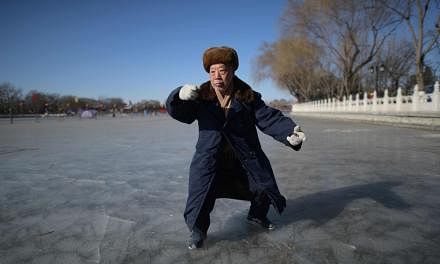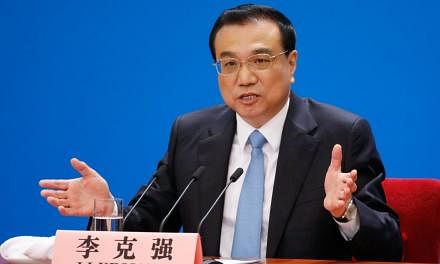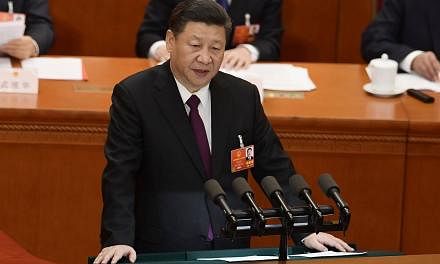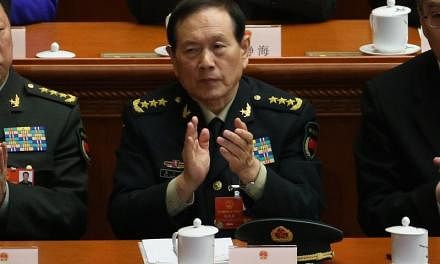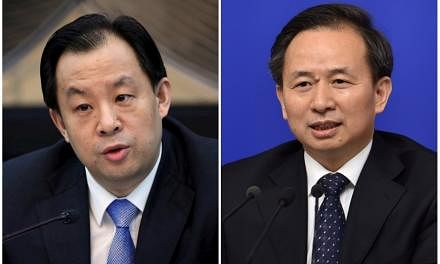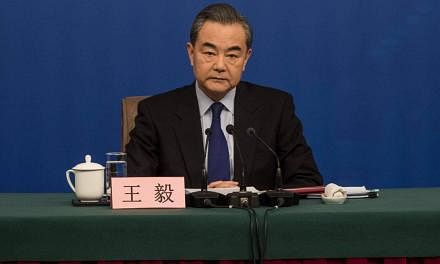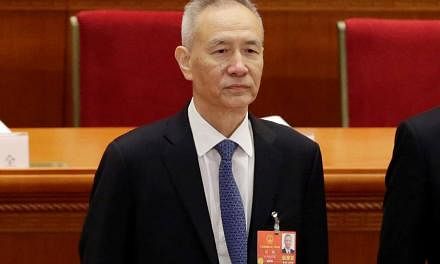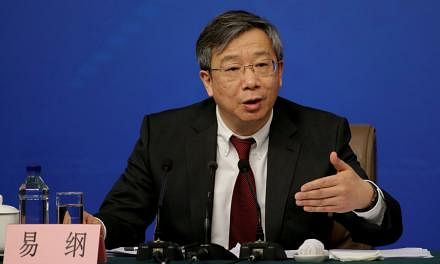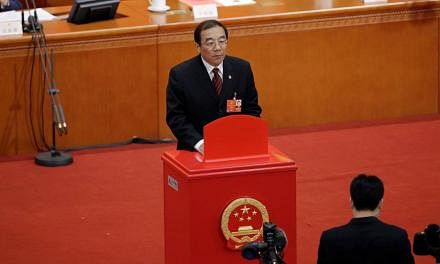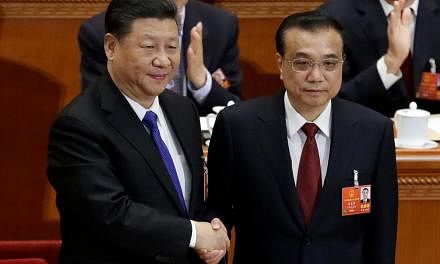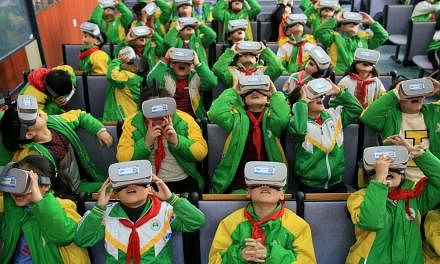BEIJING - The new head of China's top political advisory body has stressed the leadership of the Chinese Communist Party (CCP) over the country even as the party under President Xi Jinping has strengthened its grip on power.
Chinese People's Political Consultative Conference (CPPCC) members should "consciously accept the leadership of the CCP and consciously safeguard the core status of general secretary Xi Jinping", Mr Wang said in his maiden speech as CPPCC chairman on Thursday (March 15).
He said the CPPCC's founding showed that China's various political parties, sectors of society and nationalities had chosen the CCP's leadership and that 70 years of practice showed this choice was correct.
The CPPCC came about after the CCP, close to victory in its civil war against the Kuomintang, invited eight political parties to a meeting of the same name in September 1949. It was at this conference that it was agreed to establish the People's Republic of China.
The CPPCC today is made up of members of the CCP and the eight political parties, as well as independent members from different sectors of Chinese society.
Mr Wang, who was elected on Wednesday, was speaking at the close of this year's CPPCC session, where he reiterated the consultative role of the body.
"The CPPCC is not a power organ. It takes part in politics but not in administration, gives advice and not make policies, supervises rather than enforces, and works through negotiation," said Mr Wang, who is No. 4 on the CCP's apex Politburo Standing Committee (PSC).
He belongs to the Communist Youth League faction which Mr Xi had sought to weaken as he consolidated power after taking over the reins of the CCP in 2012. While Mr Wang is on the powerful PSC, he is made head of a body which has prestige rather than power.
Mr Wang's pledge of the CPPCC's allegiance to the party and Mr Xi came as the party's leadership was written into the Chinese Constitution this week, extending its influence from its 90 million members to the entire Chinese populace.
Institutional reforms being implemented are also blurring the separation of power between the party and state, say observers. For example, the new and powerful National Supervisory Commission brings together the anti-corruption apparatuses of the party and the state and will oversee both party members and public servants who are non-party members.
The CPPCC gathers some of the country's best talents from cultural workers to entrepreneurs to scientists and think-tankers.
Among them is founder of the Internet company Baidu, Mr Robin Li, who told reporters on Thursday that China will have autonomous cars on its roads in three to five years' time.
He revealed his company will roll out in cooperation with mainstream car makers a family car with limited autonomous functions next year.
"For example, driving from Beijing to Shanghai, once you hit the expressway, you don't have to care about driving," he said, adding that the driver will have to take over again once the car leaves the expressway.
